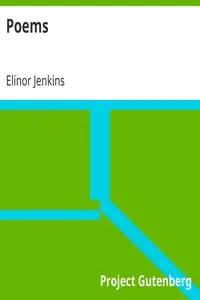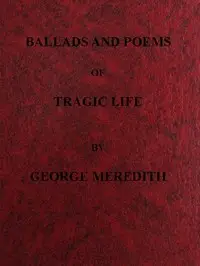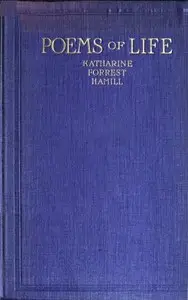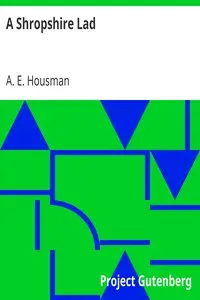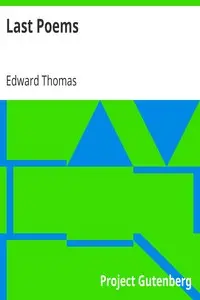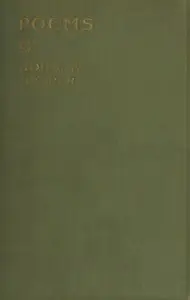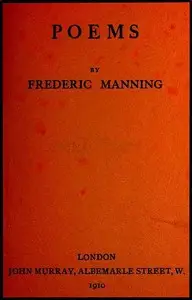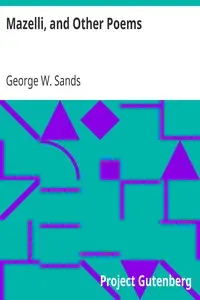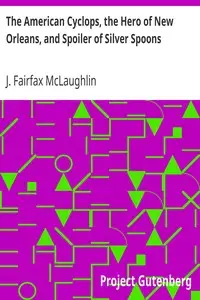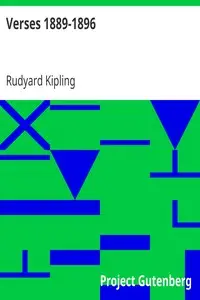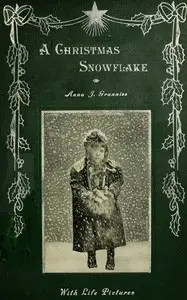** "Last Poems by A. E. Housman" by A. E. Housman is a set of poems from the 1900s that looks at hard parts of life such as love, death, and how everything ends. Housman's writing, filled with thoughts of the past and how fast life goes by, uses a sad style that gives each poem deep personal feelings and big thoughts about life. The collection shares strong thoughts about dying, war, and time passing. Each poem is made with care, often talking about what happens to soldiers, how short life is, and how memories last. Using bright pictures and detailed language, Housman shows the sweet and bitter parts of being young and brave while knowing that death comes for everyone. The strong verses connect with missing old friends and dreams that didn't happen, showing how much the poet feels about life's quick moments and what all people go through. **
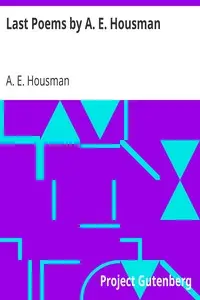
Last Poems by A. E. Housman
By A. E. (Alfred Edward) Housman
** Experience poignant verses through a wistful lens, where lost love, fleeting life, and the specter of war intertwine in a dance with destiny.
Summary
About the AuthorAlfred Edward Housman was an English classical scholar and poet. After an initially poor performance while at university, he took employment as a clerk in London and established his academic reputation by first publishing as a private scholar. Later Housman was appointed Professor of Latin at University College London and then at the University of Cambridge. He is now acknowledged as one of the foremost classicists of his age and has been ranked as one of the greatest classical scholars of any time. His editions of Juvenal, Manilius, and Lucan are still considered authoritative.
Alfred Edward Housman was an English classical scholar and poet. After an initially poor performance while at university, he took employment as a clerk in London and established his academic reputation by first publishing as a private scholar. Later Housman was appointed Professor of Latin at University College London and then at the University of Cambridge. He is now acknowledged as one of the foremost classicists of his age and has been ranked as one of the greatest classical scholars of any time. His editions of Juvenal, Manilius, and Lucan are still considered authoritative.

